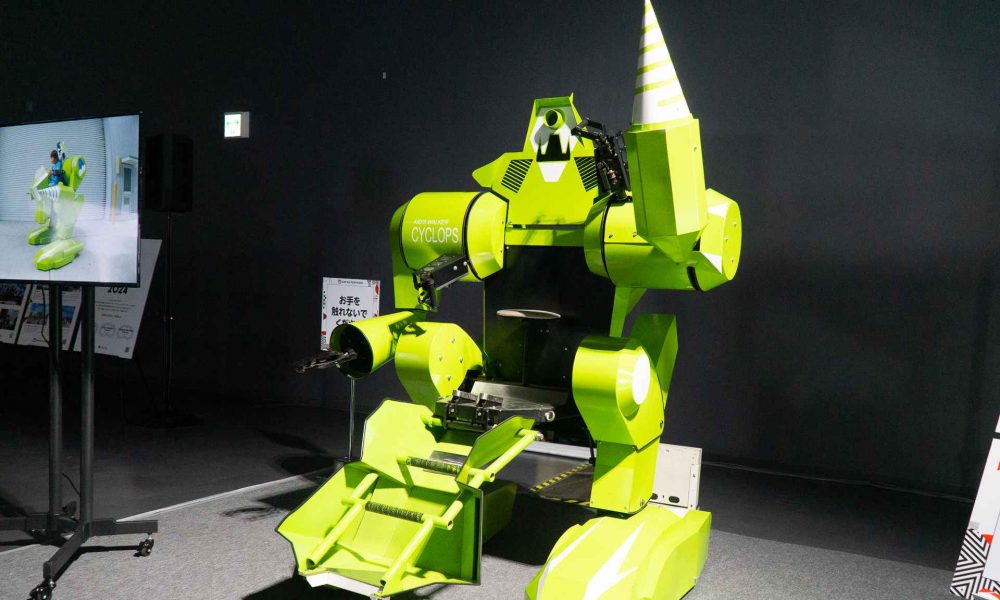
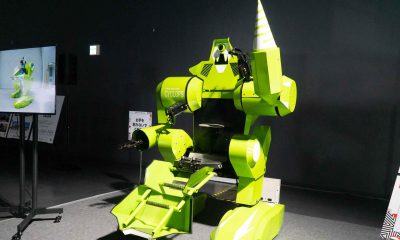

The SusHi Tech event at Tokyo's Miraikan demonstrates Japan's commitment to using futuristic innovations and tech-driven solutions to shape a brighter future.



Japanese students and researchers should be encouraged to study in other countries and bring back what they learn to "compete with the world."
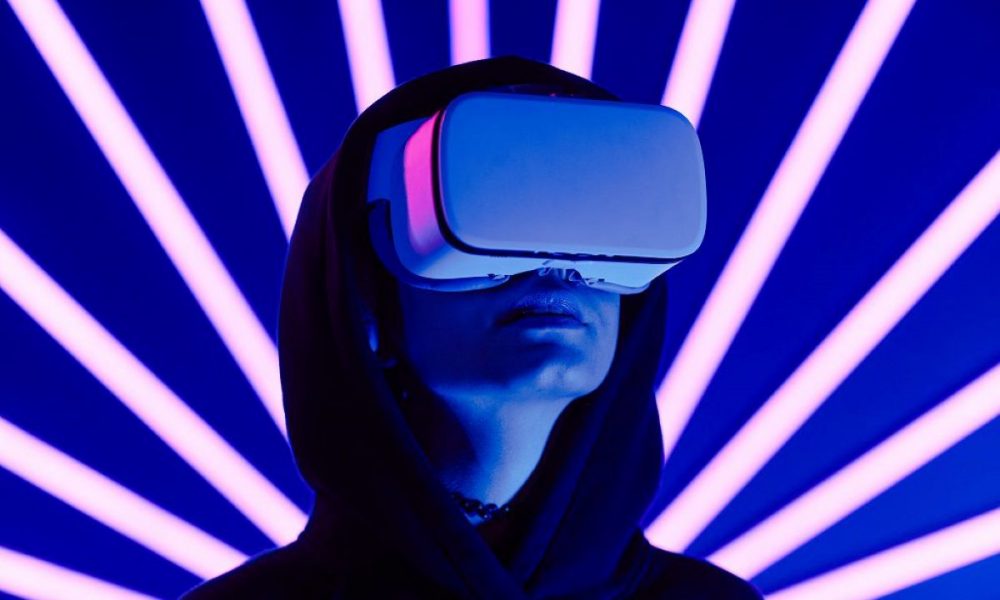
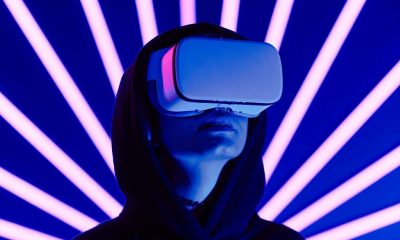

Researchers have found that augmented reality can manipulate weight perception, offering the potential to enhance AR gameplay for a more immersive experience.



Japan wouldn't have awarded Anthony Fauci anything had it checked his poor track record, including approving gain-of-function research funding for a Wuhan lab.



Iwaya Inc aims to take travelers to the stratosphere on balloons by 2023. By lowering costs, it hopes to achieve its ultimate mission of democratizing space.
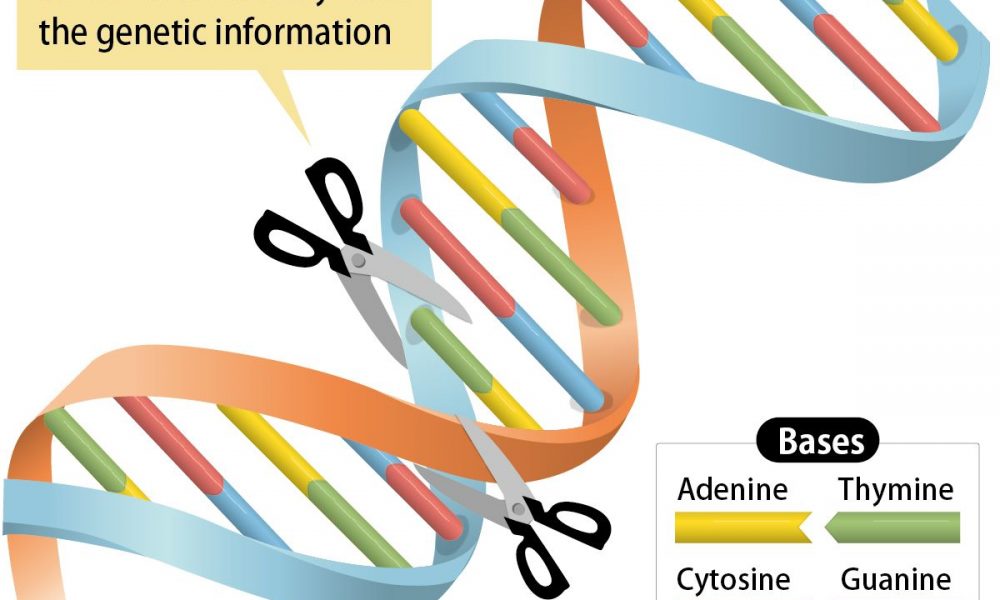


A Japanese research team has found a way to improve genome editing, but complex regulations hinder Japanese technology from reaching the clinical stage.
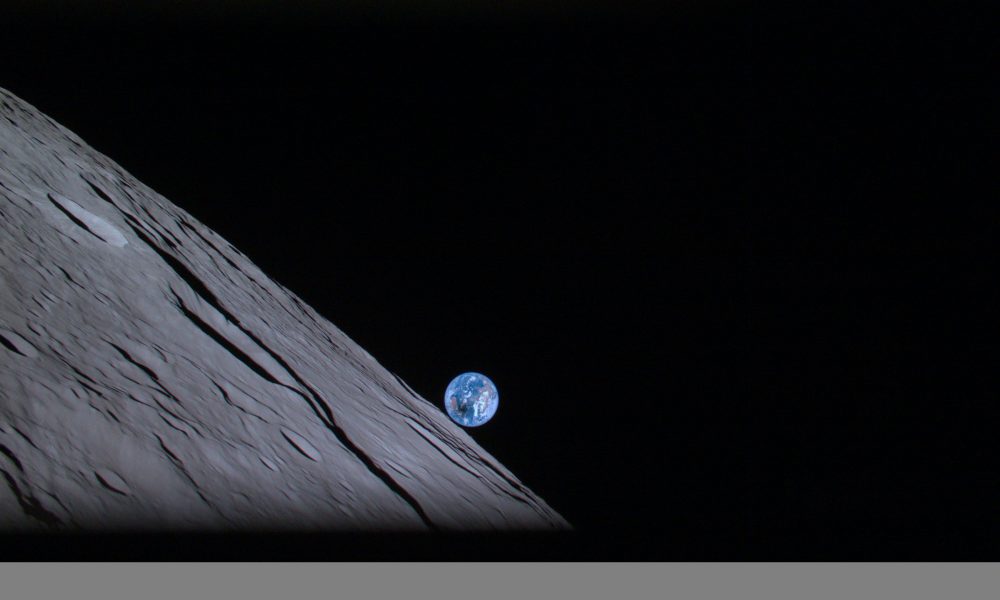
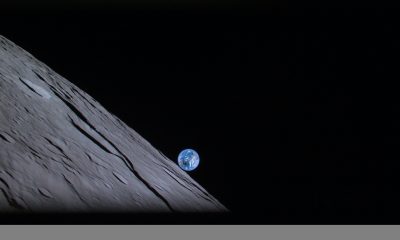

ispace failed in its bid to become the first private company to land a craft on the moon, but it gained crucial data for future explorations.
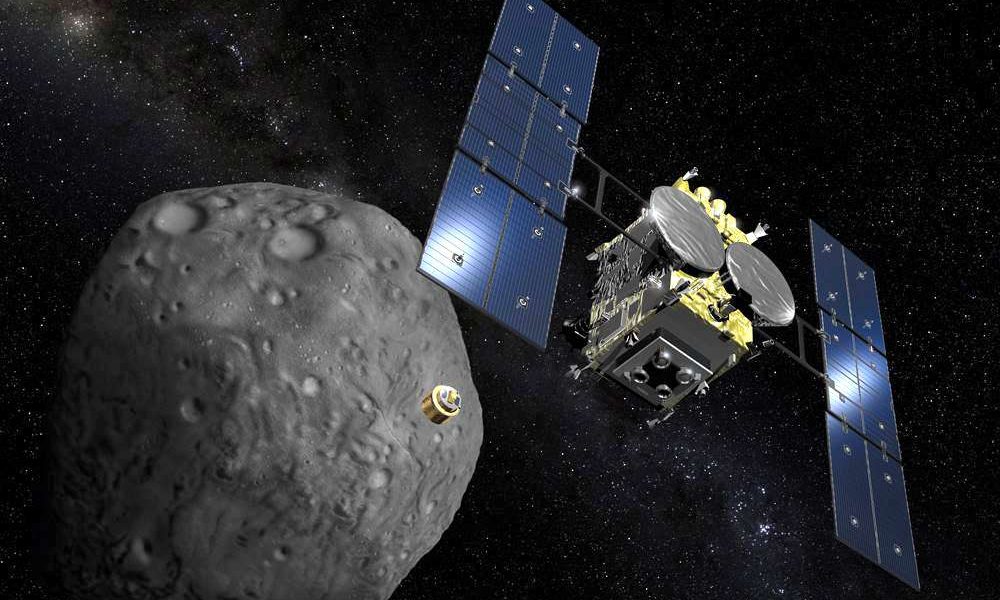
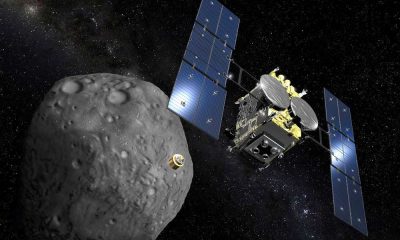

Samples collected from asteroid Ryugu by Hayabusa2 contain RNA base uracil and remnants of liquid water — shedding light on the origins of life.
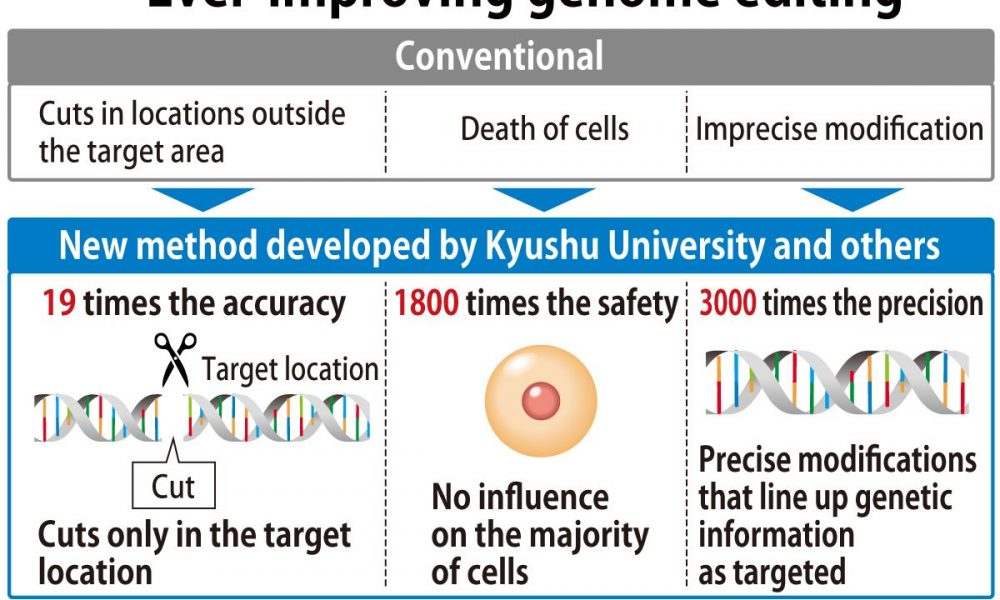
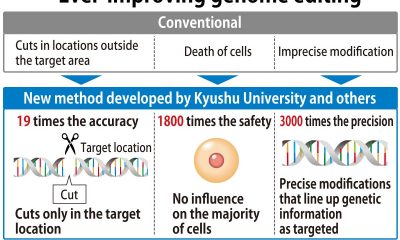

The improved accuracy in CRISPR-Cas9 genome editing could reduce the risk of cancerous cell transformation in gene therapy using this technology.
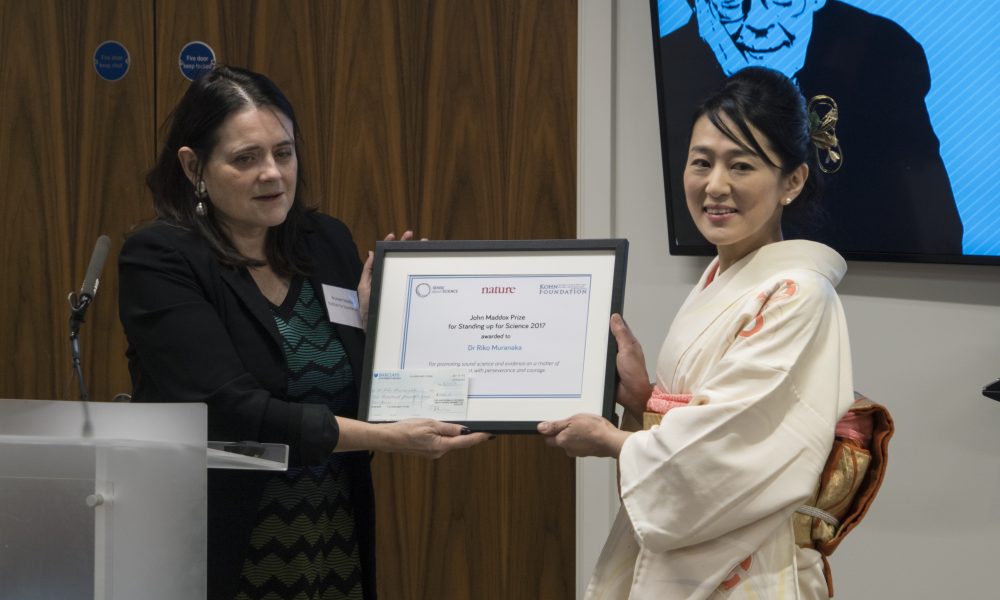
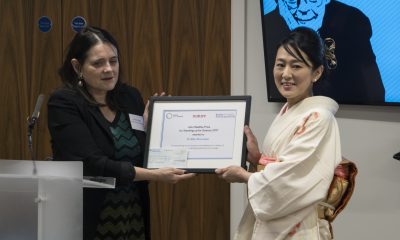

By fighting misinformation about the HPV vaccine to save lives, medical doctor Riko Muranaka has shown the cost and value of defending scientific integrity.
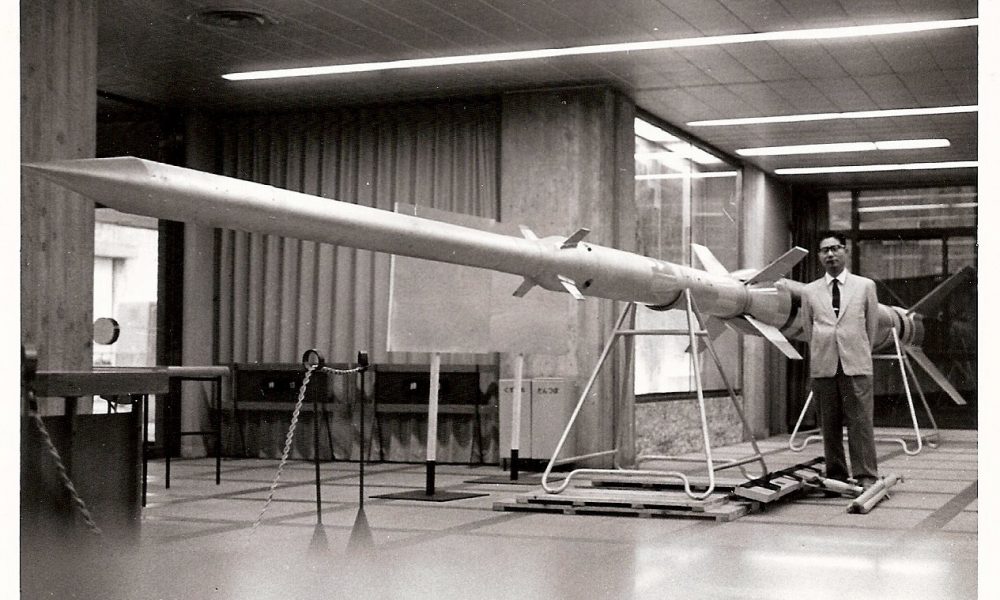


Hideo Itokawa was a leading aeronautical and rocket engineer. But it wasn't always smooth sailing. Failures are part and parcel of any worthwhile endeavor.



Japan is a treasure trove of scientific research but needs to raise its international profile, says Japan's leading chemist Kazuhito Hashimoto.